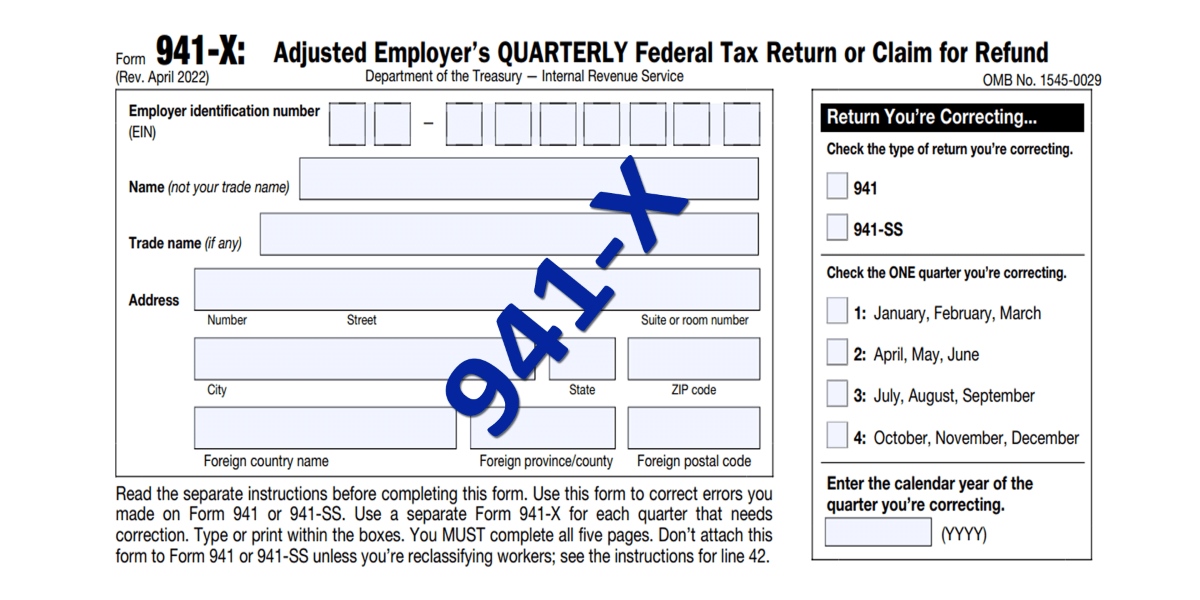Home>Finance>Retention Bonus: Definition And How Retention Pay Works


Finance
Retention Bonus: Definition And How Retention Pay Works
Published: January 19, 2024
Discover the meaning of retention bonus in finance and learn how retention pay operates. Gain insights into the benefits of offering retention bonuses to employees.
(Many of the links in this article redirect to a specific reviewed product. Your purchase of these products through affiliate links helps to generate commission for LiveWell, at no extra cost. Learn more)
Retention Bonus: Definition and How Retention Pay Works
Welcome to the Finance category of our blog! Today, we’ll be diving into the world of employee compensation strategies with a focus on retention bonuses. If you’ve ever wondered what a retention bonus is and how it works, you’re in the right place. In this article, we’ll explore the definition of a retention bonus, its purpose, and the mechanics behind it. So, let’s get started!
Key Takeaways:
- A retention bonus is a form of incentive compensation offered by companies to retain key employees.
- It is typically a lump sum payment or a series of payments that are contingent upon the employee meeting specific tenure or performance milestones.
Now, you might be wondering, why do companies offer retention bonuses? The answer lies in the desire to retain talented and experienced employees who play a crucial role in the success of the business. In today’s competitive job market, retaining top talent can be a challenge, and companies use retention bonuses as a tool to encourage employees to stay with the company for a specified period of time.
How Does Retention Pay Work?
Retention bonuses are often structured in different ways, depending on the company’s goals and the employee’s level within the organization. Here’s a breakdown of how retention pay typically works:
- Identifying the Key Employees: Companies first identify the key employees they want to retain. These are usually individuals who hold critical positions or possess specialized skills that are challenging to replace.
- Setting the Terms and Conditions: Once the employees are identified, the company establishes the terms and conditions of the retention bonus. This includes the amount of the bonus, the payment schedule, and any performance or tenure milestones that need to be met.
- Communicating the Offer: The company then communicates the retention bonus offer to the selected employees. It’s important to present the offer as an incentive to motivate them to stay with the company and fulfill the predetermined conditions.
- Fulfilling the Requirements: Once the retention bonus is accepted, employees must fulfill the stipulated requirements to receive the payment. This may involve completing a certain number of years at the company, achieving specific performance goals, or a combination of both.
- Payment of Retention Bonus: If the employee successfully meets the requirements, the company disburses the retention bonus according to the agreed-upon schedule. This could be in the form of a lump sum payment or spread out over a period of time.
It’s important to note that retention bonuses are distinct from regular performance bonuses or annual raises. While performance bonuses are typically tied to individual or team performance goals, retention bonuses focus on encouraging employees to remain with the company.
In Conclusion
Retention bonuses are a strategic tool used by companies to retain key talent and ensure their continued contribution to organizational success. By offering these incentives, companies create a mutually beneficial relationship where employees receive an additional monetary reward for their loyalty and commitment, while the company retains valuable employees who play a vital role in achieving business objectives.
We hope this article has provided you with a clear understanding of retention bonuses and how they work. If you have any questions or want to know more about other finance-related topics, stay tuned for more articles in our Finance category.














